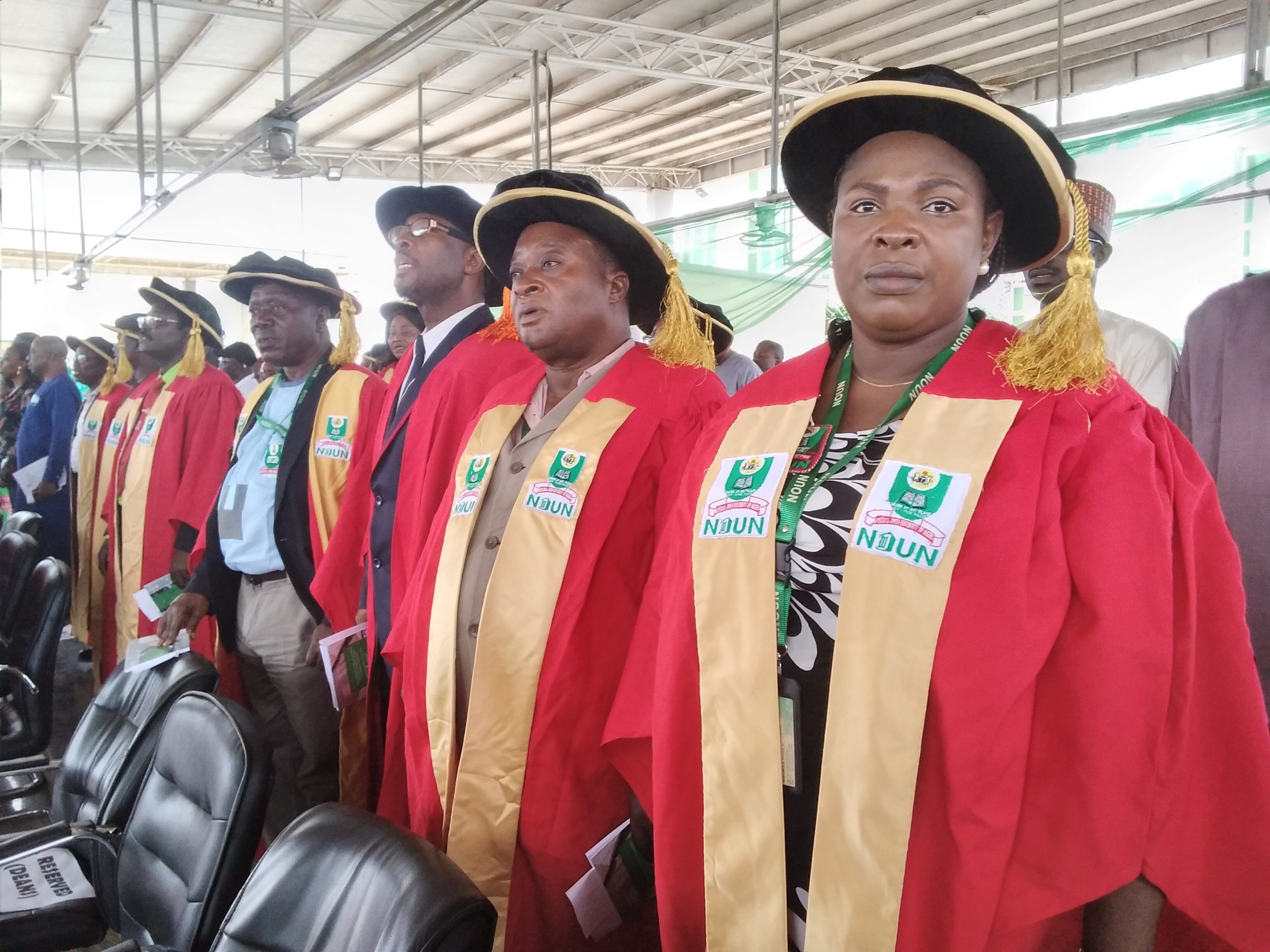
Prof. Uchenna Osuji, Faculty of Education, the National Open University of Nigeria (NOUN), has called on the Federal Government to initiate curricular reforms to redirect educational focus to the changing world of works and life.
Osuji, who is a Professor of Measurement and Evaluation, Department of Educational Foundations of NOUN, made the call while presenting the NOUN 20th inaugural lecture, on Wednesday at the University in Abuja.
The News Agency of Nigeria (NAN) reports that the topic of the inaugural lecture is: “Assessment for the Learning to Learn and Life-Long Learning Societies”.
He said that for government to initiate curricular reforms on educational system taking into consideration the changing world of works and life, every educational institution should have a clear policy on assessment practices.
According to him, there should be an educational assessment that will draw attention for the people to have control of their environment and educational activities.
Osuji said the assessment should induce the use of modern technologies for the collection of data for relevant conclusions and judgments that would be helpful to individual learner, educational institutions and the educational system as a whole.
“Every educational institution should have a clear policy on assessment practices as well as the type of assessment that should be promoted or prioritised.
“In the areas of learning to learn and life-long learning assessment, they make very important contributions to educational development, including the development of the learners ability for self-assessment of themselves.
“This is necessitated by the globalisation and new patterns of working and living which are increasing the demands for specialised skills, competences and knowledge.
“We need an assessment which is not only focusing to confirm and to verify what the learners have learnt but one that helps the learners to understand the next steps ahead in learning and in life,” he said.
“All learners who develop the ability to self-assess themselves become competent learners. This is a prerequisite for self-regulation.
“This leads to intelligent self- regulation, which requires the learner to become a competent learner to be able to measure and evaluate his own performance and make progress towards his goals and objectives in life.
“I am therefore saying that assessment activities must not only address the needs of immediate certificate but must go beyond that by equipping the people to make decisions and judgments about themselves and their performances, he said.
He also stressed that assessment must not be used to perpetrate social injustice in education, while stressing that educational assessment should focus on assessment for learning rather than assessment of learning.
“This is because in today’s world, the only thing required is knowledge to fit into jobs; in other words, we need assessment which tries to shape what lies ahead rather than to gauge and record past achievements.”
He, therefore, recommended that examinations should not be used as negative and destructive assessment tool to attack and devalue the personality worth of the examinees which could invariably ruin their prospective careers.
The Vice Chancellor of NOUN, Prof. Olufemi Peters, commended the inaugural lecturer for exposing to the listeners the basic necessities in assessment for learning. (NAN)